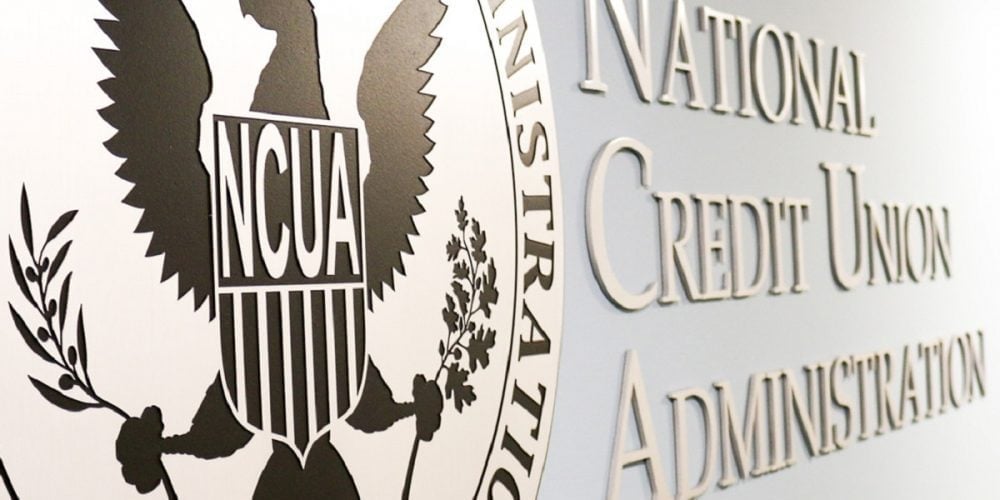Financial literacy is defined as the education, understanding, and management of personal finance…the basics of which nearly two-thirds of North Americans do not fully comprehend. From budgeting to banking, credit to debt, the gap amid the clueless and the expert continues to expand, leaving countless individuals to the pitfalls of a society churning about the almighty buck. Even armed with the fundamentals, we are still struggling to apply effective decision-making skills to everyday financial affairs. It surely is a topic that’s kept me up at night.
Not the type to be stymied, I tracked down one of the world’s leading financial literacy experts, Annamaria Lusardi, for a few of her thoughts and to toe further into my own understanding of financial education and the people it touches. I kept my questions simple, though not my curiosity.
- When I am teaching financial literacy, adult participants sometimes seem nervous over the most basic fiscal tasks, which I worry can skirt or even sabotage financial comprehension.
Am I correct in sensing that fear and misunderstanding outweigh the need for appropriate financial planning?
Financial planning is hard. And it is hard to acquire financial knowledge. But the two are interrelated and they go together: it is those who have financial literacy who are more likely to plan financially. But there are reasons not to let the fear win. First, as I have been telling the students in my personal finance course, even basic financial literacy concepts go a long way toward helping planning for the future. We do not have to be or become financial experts to plan for the future. Second and importantly, financial planning has big rewards, it can bring financial security, stability, even achieving our dreams. This is why taking care of our finances and planning for the future is so important, we cannot leave it to chance.
- Regarding the future, more and more there is pressure to make wise decisions in saving and in spending and there are obvious links between financial literacy and retirement.
Do you agree that a certain level of financial literacy is necessary for an individual to begin retirement planning?
This is what our research has been telling us i.e. that financial literacy brings a big advantage when it comes to retirement planning. I think we can easily understand why. Employees have to appreciate the power of interest compounding and, for example, the importance of time (to save and invest for retirement as early as possible). They have to appreciate the importance of tax incentives for retirement savings and of employer matching. They have to be aware that prices do not stay constant over time and it is important to consider inflation when planning for the future. And also how to manage risk and make sure one can be financially secure. And much more. Given that we are all in charge of our retirement planning, financial literacy has become a basic skill that we all need to have.
- I have told people time and again that it is never too late to improve your financial skillsets.
Short of the great beyond, can it be too late?
I believe it is never too late. And the reason is that we need to make financial decisions at every stage in life, not just when we are young, but also later in life. Moreover, financial decisions later in life are not easier, if any, they are more difficult (think, for example, about guaranteeing financial security and a stream of resources while we are alive) and there are fewer margins for mistakes. So, it is never too late to learn about financial literacy, as it is never too late to be financially healthy.
- Financial education is a passion of mine, though it came from an Aha! moment and not from something I found and pursued at an early age or studied at university.
When did you realize finance to be a passion of yours?
I came to understand the importance of financial literacy and personal finance during my research on saving. It is looking at that data and staring at those hard numbers that one can see the potential of financial knowledge and the benefits financial literacy brings. And because if its importance, what became a passion of mine is to make financial literacy available to as many people as possible.
I had a couple of takeaways from this interview. One, being that financial literacy isn’t something to take for granted – it is dynamic, but can be cultivated. For starters, we must all propagate awareness and continue to push for financial education in schools, households, businesses, banks, and credit unions. This may seem like a no-brainer, but it simply is not being done at a level I know we are capable of. Two, that financial education is not only an essential skill but also a potential key to our dreams.
Sure, it’s scary. But it’s also exciting. We don’t always get second chances in life; in fact, second chances are often considered lucky. Though with a dash of hope, a touch of discipline, and a desire to learn, I know a favorable financial future is within our grasp.

A sincere ‘thank you’ to Annamaria Lusardi for the assistance and insight in writing this article.







